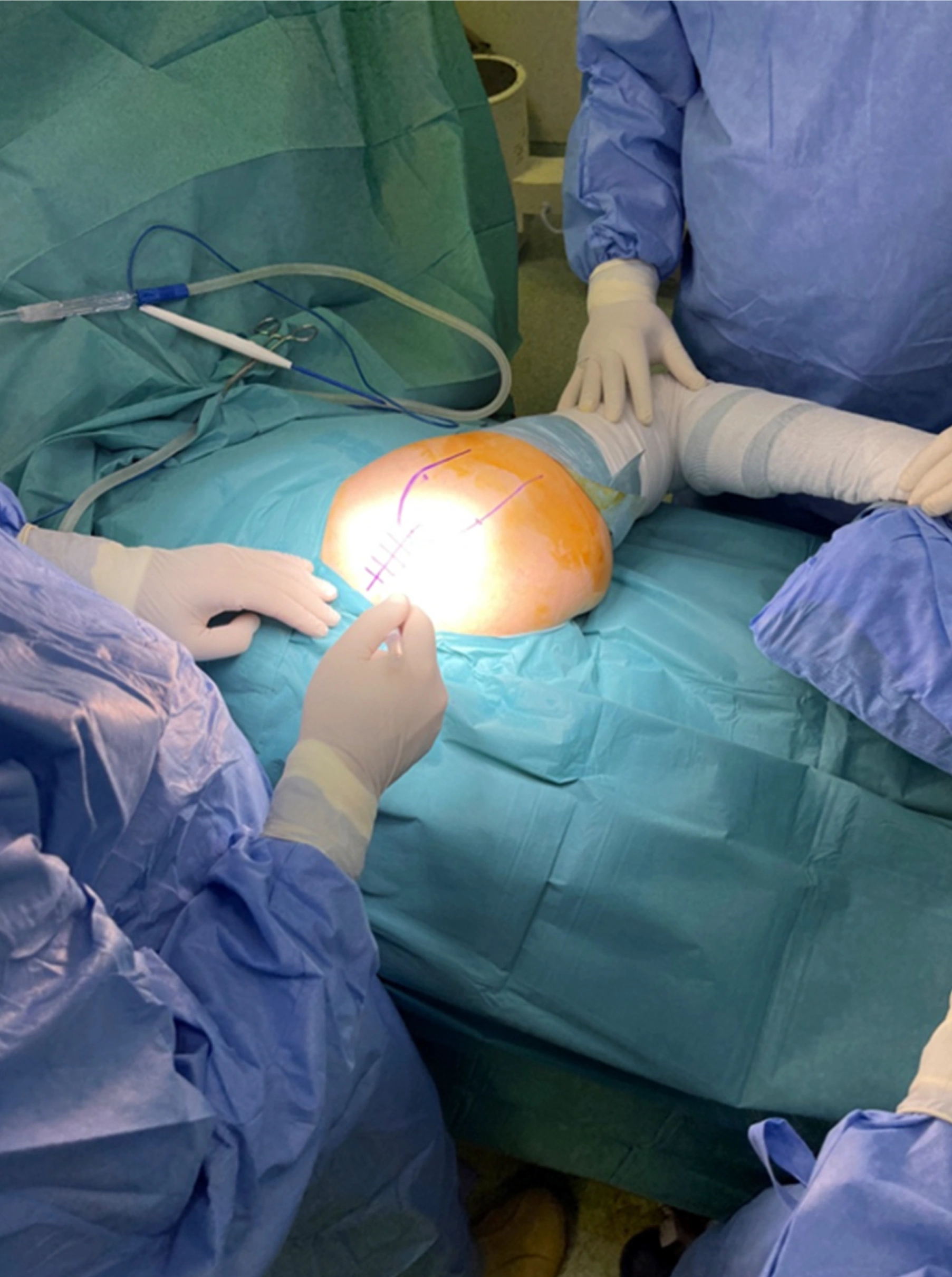However, like with many technical advances, the expense of adopting such innovation might be a major factor for patients. We will investigate the affordability of the best knee replacement surgeon in Mumbai in this article, exploring the elements that determine its cost and examining how this transformational approach to joint replacement can become more accessible to individuals seeking its potential benefits.
Learning About Robotic Knee Replacement Surgery
Medical advances in recent years have transformed orthopedic surgery, particularly in the field of knee replacements. One such innovation is robotic knee replacement surgery, which promises precise, individualized, and efficient surgeries. However, the expense of innovation, like any cutting-edge technology, raises significant considerations. In this article, we look at the elements that influence the cost of robotic knee replacement surgery and how this breakthrough procedure can be made more affordable to a wider range of patients.
Robotic knee replacement surgery makes use of modern robotic equipment to help orthopedic surgeons plan and carry out knee replacement treatments. These robotic platforms give real-time input, enabling unmatched precision in implant component location and alignment. This exact method frequently results in faster recovery times, less pain, and better long-term outcomes for patients.
Cost Influencing Factors
- Investment in Technology: The initial cost of obtaining and maintaining robotic surgical systems is substantial. Hospitals and surgical centers must invest in the technology, software, and ongoing medical staff training that is required.
- Surgical Expertise: Surgeons who specialize in robotic-assisted knee replacements have significant training to grasp this technology. Because these professionals frequently charge higher rates, their experience contributes to the overall cost.
- Hospital Fees: Hospitals may charge additional fees for the usage of robotic equipment and the support staff that goes with them. These costs can vary depending on location and facility.
- Costs of Implants: The choice of implant materials, such as traditional vs. modern materials, can have an impact on the entire cost of knee replacement surgery.
- Health Insurance: Different health insurance plans provide different levels of coverage for robotic knee replacement surgery. Some insurers may cover the operation entirely or partially, while others may provide limited or no coverage.
Know About Accessibility and Affordability
While robotic knee replacement surgery can be more expensive than traditional procedures, attempts are being undertaken to make it more affordable and accessible:
Insurance: As robotic knee replacement surgery becomes more common, several insurance companies are broadening their coverage options. To determine coverage eligibility, patients should extensively research their insurance policies.
Financing Options: Many hospitals and surgical centers provide financing programs to patients to assist them manage the expense of surgery over time. These programs can make the surgery more affordable for folks who do not have instant access to finances.
Research and Development: Ongoing robotic surgery research and development aims to improve technology while lowering associated expenses. Prices may fall as technology gets more efficient.
Government programs: Government healthcare programs in some nations aim to make modern medical techniques, such as robotic surgery, more accessible to the general population. These efforts frequently aim to reduce patients’ out-of-pocket payments.
Robotic knee replacement surgery is a huge innovation in orthopedics, allowing patients to have better outcomes and recover faster. While the expense of this new technique may be a concern, a number of factors, including insurance coverage, financing choices, and ongoing technology improvements, are contributing to increased affordability and accessibility. As the industry progresses, even the best knee replacement surgeon in Mumbai will most certainly become more accessible to a broader variety of patients, providing them with a higher quality of life through enhanced joint health.
In A Nutshell
In the ever-changing environment of medical technology, robotic knee replacement surgery exemplifies the amazing advances made in orthopedic care. As we near the end of our investigation into its cost, it is clear that this breakthrough holds enormous promise for patients seeking improved joint health and quality of life.
While the initial expenses may be prohibitive, the growing availability of insurance coverage, financing options, and continued technological advancements are making robotic knee replacement surgery more affordable. As time goes on, it is hoped that this game-changing technology will continue to progress, eventually benefiting a greater range of patients and confirming its status as a game-changer in the area of orthopedic surgery.
FAQs
Why is it thought that robotic knee replacement surgery is more expensive?
The perception of higher costs is mostly due to the initial expenditure required for acquiring and maintaining robotic surgical systems, as well as the accompanying surgeon training and hospital fees. These elements all add to the procedure’s overall cost.
Is robotic knee replacement surgery covered by health insurance?
Coverage differs amongst health insurance policies. Some insurance provide full or partial coverage for robotic knee replacement surgery, while others may provide limited or no coverage. Patients must evaluate their insurance policies to determine their coverage eligibility.
Can government healthcare programs contribute to the cost-effectiveness of robotic knee replacement surgery?
Government healthcare initiatives in several nations attempt to make modern surgical techniques, particularly robotic surgery, more accessible to the general population. These programs frequently aim to reduce patients’ out-of-pocket payments while also improving access to novel medical procedures.
Is it projected that the cost of robotic knee replacement surgery will fall in the future?
Ongoing robotic surgery research and development aims to improve technology while lowering associated expenses. The cost of robotic knee replacement surgery is projected to reduce over time as technology becomes more efficient and widespread.








